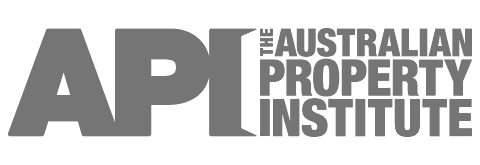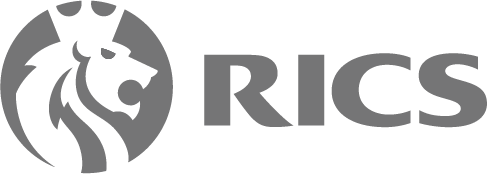Our Plant & Equipment Valuation Methods
There are several ways a Perth plant & equipment valuer can approach a valuation. It will all depend on the purpose of the valuation, the needs of the client and what the ideal outcome of the valuation is. So that clients can be 100% satisfied with their plant and equipment valuation report, our valuers use their expertise to determine the best valuation method for the task. The three methods of asset valuation we use the most here at Plant and Equipment Valuation WA are:
- Direct Sales Approach
- Direct Sales Approach
- Replacement Cost
Direct Sales Approach
The direct sales approach is one of the most well-known fixed asset valuation methods. Often referred to as the comparison approach, this method requires a valuer to find assets that are comparable to the subject asset. A comparable asset must be the same sort of item, serving the same purpose. For example, a bowl cutting machine must be of the same age, make and model, and be in similar condition. If the asset is property, the comparable property must be of the same size and be located ideally within a 1km radius.
Essentially, a comparable will have as many qualities and features in common as the subject asset as possible, otherwise, a valuer will have to adjust their calculations and disclose their methods. These comparables would have been sold recently and the valuer uses the averages of their recent sales prices and other relevant factors to calculate the market value of the asset.
Income Approach
This is a capitalisation method of valuation. It may be more frequently used with real property than other assets, but any fixed asset capable of generating income for an entity with its own net operating income (NOI) could be valued using this method. The income approach uses the capitalisation rate (Cap Rate) of an asset and as such, it is one of the most popular asset valuation methods for investors. By utilising the Cap Rate and NOI of an asset, a valuation report made with this method can be a valuable tool for investors to compare and weigh the potential of a prospective investment.
Replacement Cost
The replacement cost method of asset valuation is exactly as it sounds. It is the process of a valuer fully examining an asset of its properties and calculating the cost of fully replacing the asset. Replacing an asset could mean purchasing its equivalent, upgrading to a more modern equivalent or completely recreating the asset from scratch including redesign and construction. When conducting an asset valuation using this method a plant & equipment valuer will consider the following:
- Identifying data: For property, this could be the address and/or title information. For other types of assets, the identifying data could mean the serial number, name of the item, its asset class, description, and all other relevant data to correctly identify the item.
- Age and Condition: the age of the asset and the condition it is in can greatly impact not only its value but the ease with which it can be replaced. If an item is too outdated, an exact replacement may not be possible and a business may have to settle for a modern equivalent, which may or not be a sufficient alternative.
- Remaining useful life: although fixed assets may last for many financial years, they are unlikely to last forever. As a part of the valuation process, an asset valuer may form an estimate of how much longer the asset can continue to be useful.
- Depreciation method: it is a common misconception that depreciation is a process of asset valuation. The depreciation method is an accounting process of cost allocation. Like with valuation methods there are many different types and so a valuer must disclose which method they have elected to use in their report.
All factors that impact the cost of replacing the asset are summed together to form the value of the asset. This is a widely used valuation method for such things as insurance, internal accounting, and several other valuation purposes.
Why Use Our Valuation Services?
All reports from the Plant and Equipment Valuation WA team abide by valuation standards fitting for domestic and international organisations. We are regulated by the Australian Property Institute (API) and the Royal Institution of Chartered Surveyors (RICS), thus our reports are compliant with high professional standards.
We welcome all enquires. For more about our company or how we conduct our plant and equipment valuations, our team would be happy to assist. Contact us today via our online contact form or by calling our office on (08) 6245 2131.





